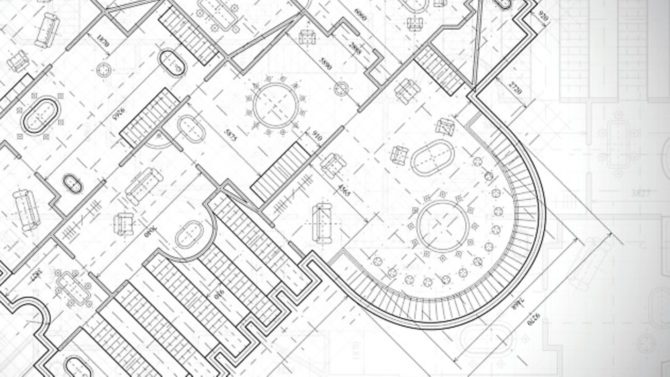5 things to know about architects and surveyors in France

If you are buying a property in France or organising building work on your property then you will need to know how architects and surveyors work in France. Here are 5 things to be aware of
1. Surveys are rarely carried out in France
It is rare for structural surveys to be carried out in France, but you can commission one through a surveyor; or, do as the French do and ask an architect or builder to come and take a look at the property in person.
2. Certain reports are required
Reports (diagnostiques) on termites, lead and asbestos can be mandatory, depending on where the property is located. An energy-efficiency report called a DPE (Diagnostique de Performance Énergétique) is mandatory countrywide. A drainage report for properties not on mains drainage and a natural disaster risk report must also be provided. The vendor pays for all of these.
3. Ask expert advice
Even if you have experience of renovating properties in the UK, bear in mind that though common sense and logic will take you far, it’s also worth considering employing an architect or project manager. Their technical knowledge, paired with experience of working to French rules and regulations, can make your project go far more smoothly, allowing you to focus your attention on details you might otherwise not have had time to consider.
4. Planning permission is needed
Where a property has a SHON (surfaces hors oeuvre nette– i.e. net habitable surface area) of more than 170m² (this is likely to change to 150m² soon if the proposal passes through parliament), or where an extension to an existing property exceeds this figure, it is necessary to use a qualified and French-registered architect listed with the Ordre des Architectes to prepare and submit a planning application (visit www.architectes.org for more).
5. Finding tradespeople
In France there is a separate trade, and therefore a separate tradesperson (artisan) for each task on a building project. When it comes to sourcing the most appropriate artisan for the task in hand, make your decision wisely and take the time to ask for recommendations – your local mairie is a good starting point, especially if you want to make sure that the materials and techniques to be used are in keeping with your area.
Share to: Facebook Twitter LinkedIn Email


